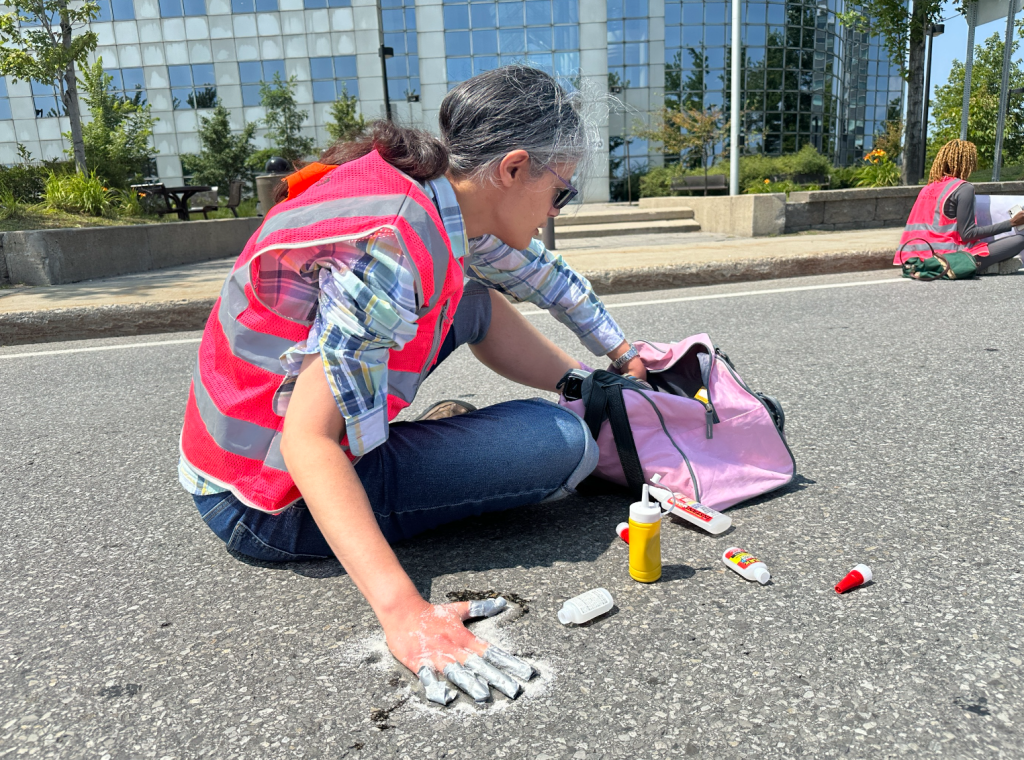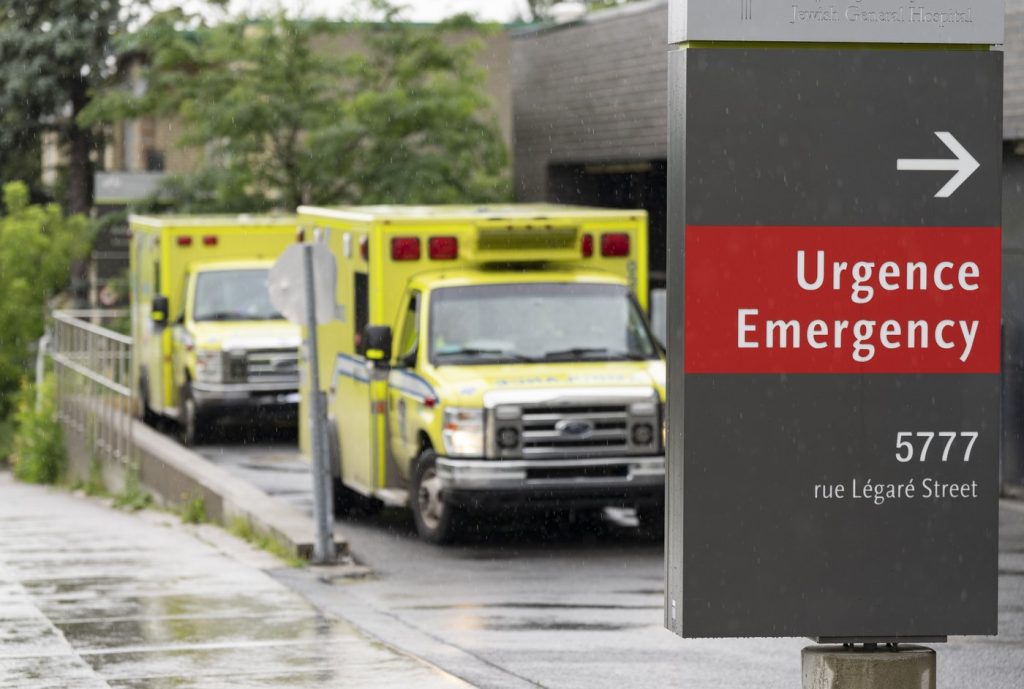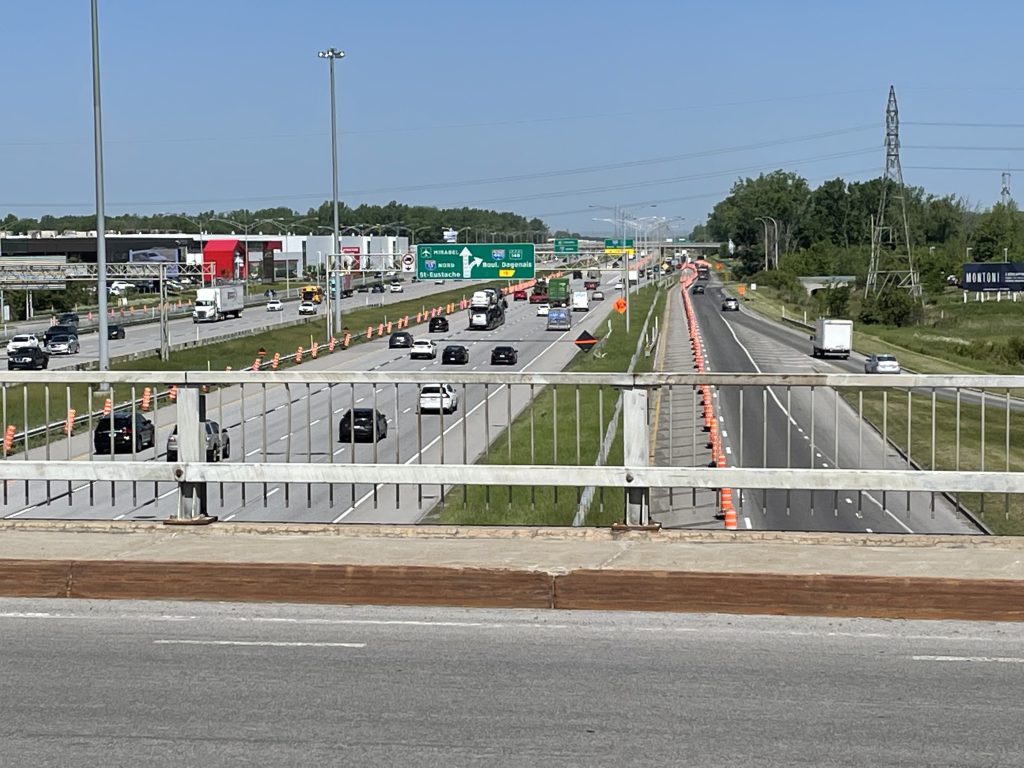One of the eight people who overdosed in Montreal last weekend has died
Posted September 14, 2023 11:23 am.
Last Updated September 14, 2023 11:54 pm.
The Montreal police force (SPVM) has confirmed one of the eight people who overdosed in downtown Montreal on Sunday has died.
42-year-old Sindy Wabanonik died in hospital on Tuesday.
The SPVM says the case has been transferred to the coroner’s office to determine the cause and circumstances surrounding the death.
The eight overdoses occurred over a few hours Sunday afternoon in downtown Montreal. Six people were sent to hospital.
Heather Johnston, executive director of Projets Autochtones du Quebec, which runs a shelter for Indigenous people in downtown Montreal, said her staff were the first to respond on Sunday with naloxone, a drug that temporarily reverses the effects of opioid overdoses.
RELATED
Montreal police respond to calls of six overdoses
Johnston said six people who overdosed on Sunday used her organization’s services. “My understanding is there were two people who were not Indigenous and the rest are all people who are from the Indigenous community who we know and who are staying at the shelter,” she said.
A spokesman for Urgences-santé, said that following a 911 call shortly after 4 p.m. on Sunday, paramedics treated six people for overdoses. Four of them, including two who were in critical condition, were sent to hospital. Following a second 911 call – about an hour later from the same location – paramedics treated another two people, who were also sent to hospital, Sebastien Coulombe said.
Louis Letellier de St-Just, a lawyer in health law and co-founder & chairman of CACTUS Montréal, a supervised consumption site in downtown Montreal, says Indigenous people have few resources available when dealing with addiction.
“There are very, very few harm reduction, specifically oriented culturally for [Indigenous people], so that’s what we need to focus on the next couple weeks, the next couple of months, so we can make sure that they will have that kind of resources,” said Letellier de St-Just.
Montreal mayor Valérie Plante calling it a housing issue.
“Shelter is a good measure for emergency help, but that’s not what we need. That’s not what those people need. They need a roof on top of their head with health support,” said Plante.
Montreal public health said it is investigating to evaluate the risk to the public. “This situation is extremely concerning,” Luc Fortin, a public health spokesman, wrote in an email.
He said it’s not uncommon for a large number of people to overdose in one day, because of the contamination of street drugs with substances such as fentanyl, xylazine or nitazenes. Like fentanyl, nitazenes are powerful synthetic opioids; xylazine is a potent sedative.
Data from Montreal public health shows that in August, there were 11 overdoses reported to public health authorities, the highest number in a single month since October 2020. There were 172 deaths from overdoses during the 12-month period ending March 31, 2023. There were 134 the year before and 170 deaths during the equivalent period in 2020-21.
Among those deaths, the coroner’s office found traces of fentanyl in 42 cases during the 2022-23 period, according to preliminary public health data. In 2021-22, there were 46 deaths linked to fentanyl, up from 29 the year before and 11 in 2019-20.
Quebec Health Minister Christian Dubé told reporters Monday in Montreal he’s been observing the opioid crisis across Canada and that his government is developing a plan informed by the experiences of other provinces.
“We have drugs that are circulating in our streets that are more dangerous than ever,” said Letellier de St-Just.
– With files from the Canadian Press



